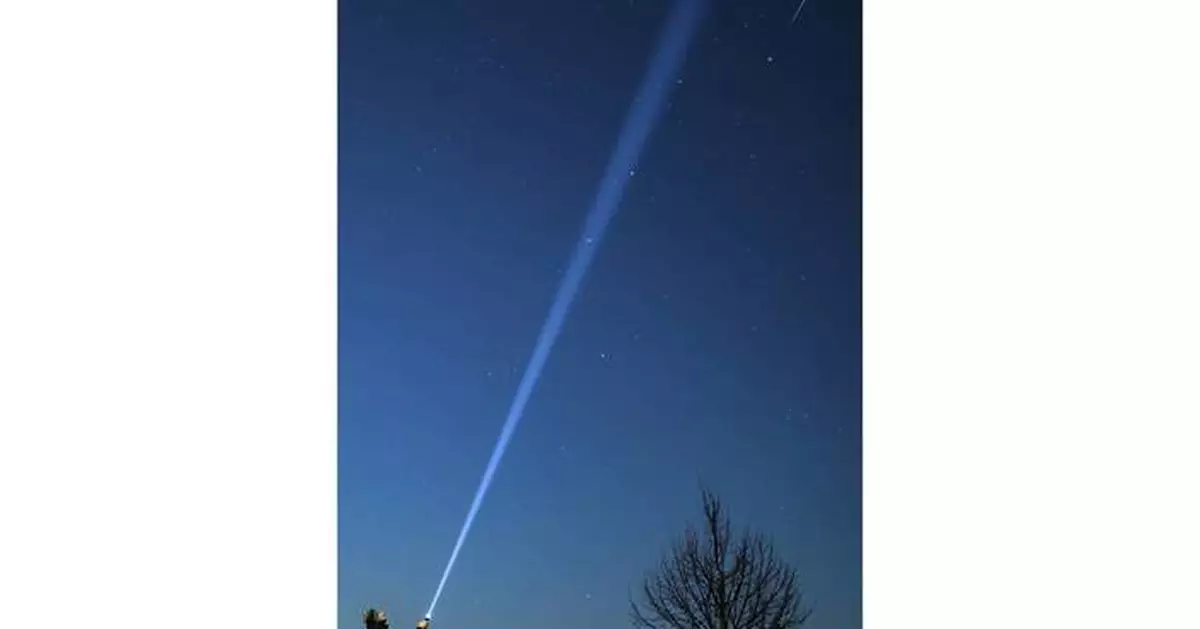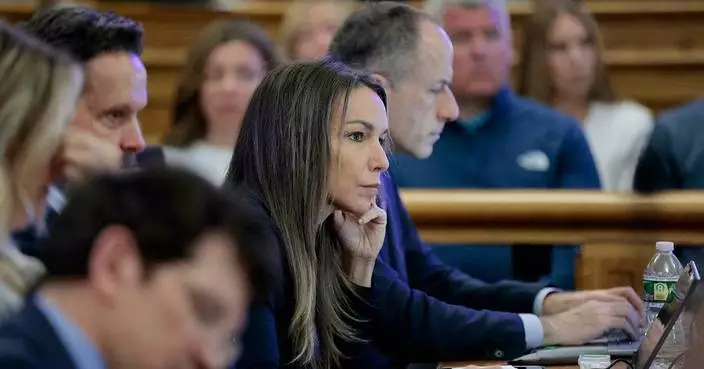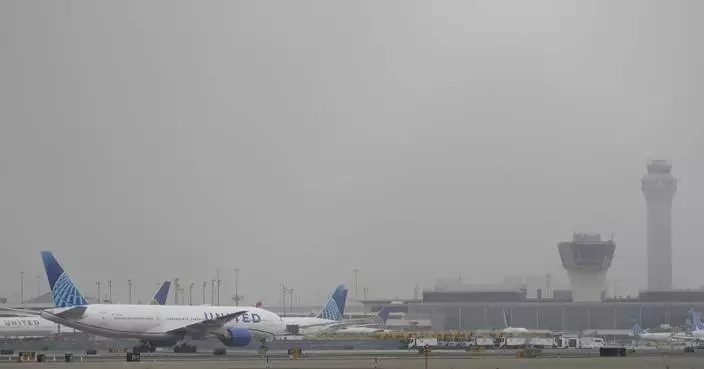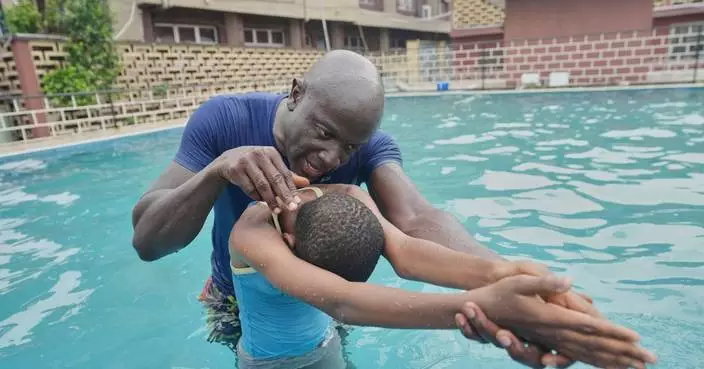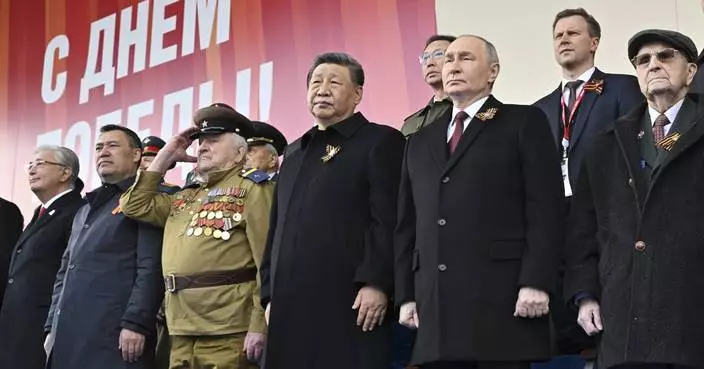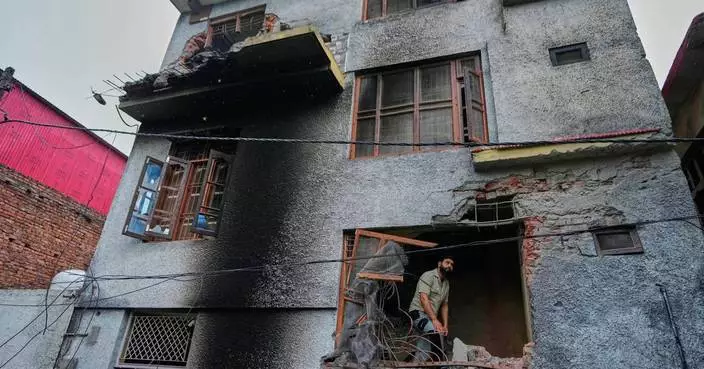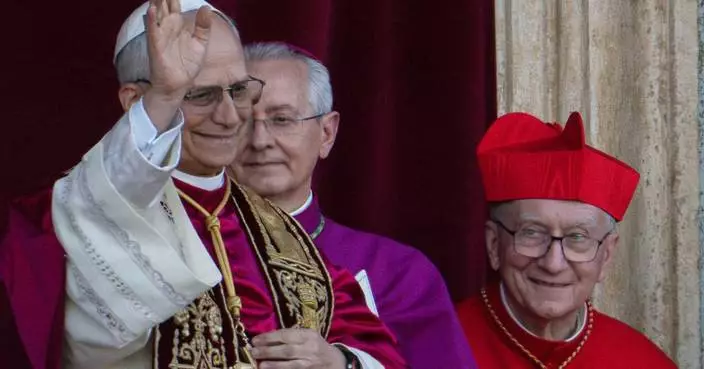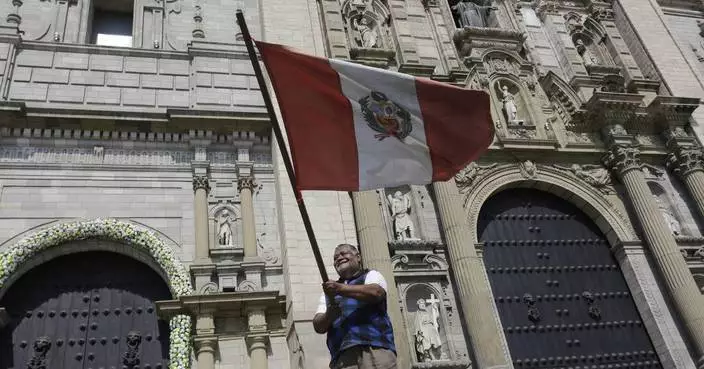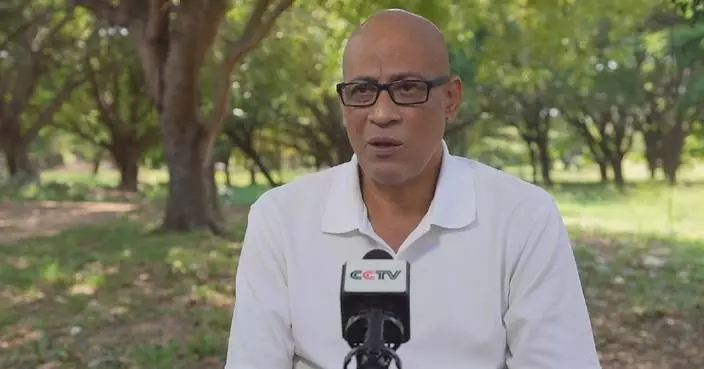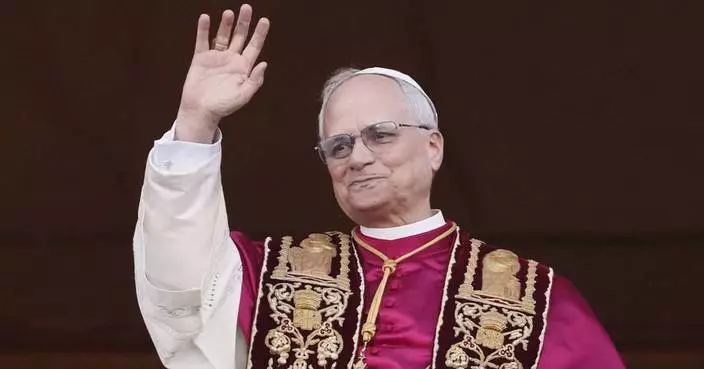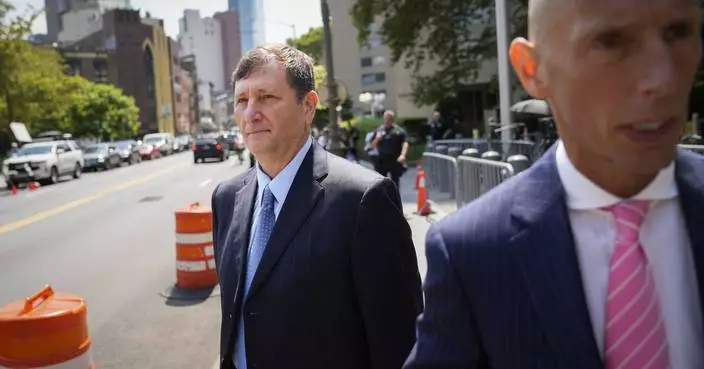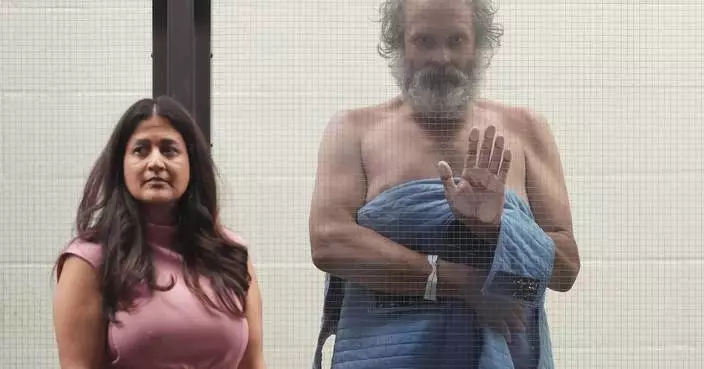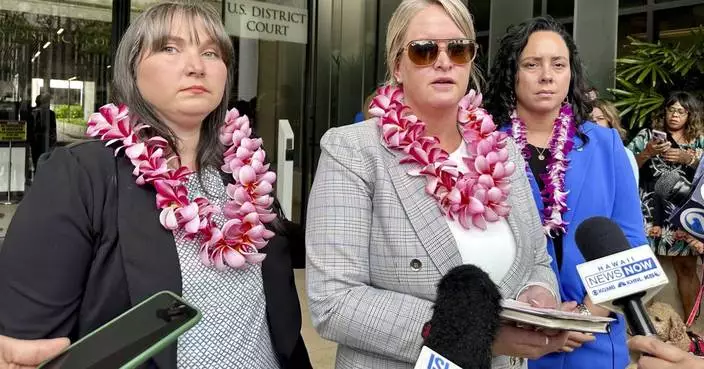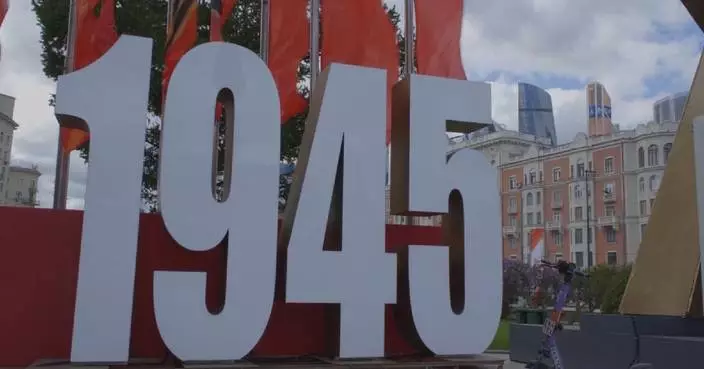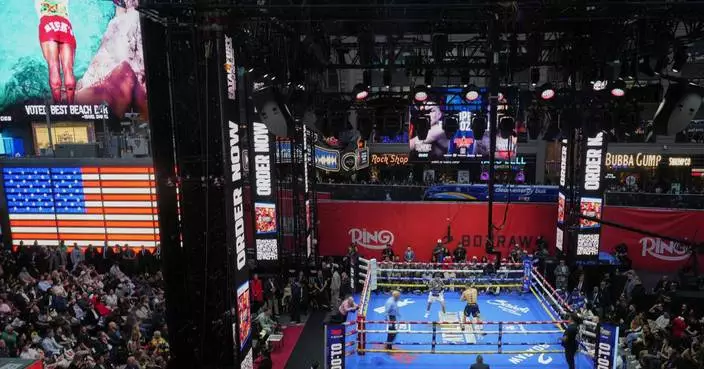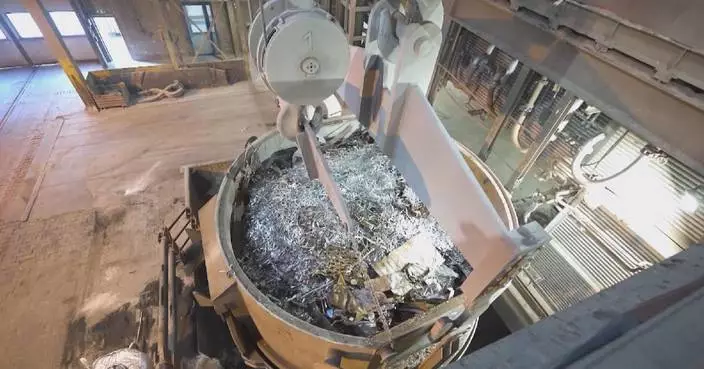The Geminids — among the few major meteor showers to come from asteroids — will be visible until Dec. 21, although peak viewing was on Dec. 13. Here’s what to know about the Geminids and other meteor showers. It's one of the year's last chances to see fireballs in the sky.
The shower often produces meteors with a distinctly more yellow glow, likely due to the unusual origin material, said Sally Brummel, planetarium manager at the University of Minnesota’s Bell Museum.
Under ideal viewing conditions, the Geminids typically put on one of the best and brightest shows of the year because of the high volume of meteors visible each hour. However, an almost full moon this year means up to 15 meteors per hour were expected at peak time, according to the American Meteor Society.
The moonlight “will wash out a lot of them," Brummel said.
Viewing lasts until Dec. 21. Here’s what to know about the Geminids and other meteor showers.
Multiple meteor showers occur annually and you don’t need special equipment to see them.
Most meteor showers originate from the debris of comets, but a few — including the Geminids — result from the debris of asteroids. The Geminids come from the sun-orbiting asteroid 3200 Phaethon.
When rocks from space enter Earth’s atmosphere, the resistance from the air makes them very hot. This causes the air to glow around them and briefly leaves a fiery tail behind them — the end of a “shooting star.”
The glowing pockets of air around fast-moving space rocks, ranging from the size of a dust particle to a boulder, may be visible in the night sky.
The rocky nature of asteroid debris makes the Geminids especially likely to produce fireballs, said NASA's William Cooke. “Those are pretty tough rocks that can penetrate deep into the atmosphere,” he said.
Meteor showers are usually most visible between midnight and predawn hours.
It’s easier to see shooting stars under dark skies, away from city lights. Meteor showers also appear brightest on cloudless nights when the moon wanes smallest.
And your eyes will better adapted to seeing meteors if you aren’t checking your phone.
The next meteor shower, the Ursids, will peak on Dec. 22.
The Associated Press Health and Science Department receives support from the Howard Hughes Medical Institute’s Science and Educational Media Group. The AP is solely responsible for all content.
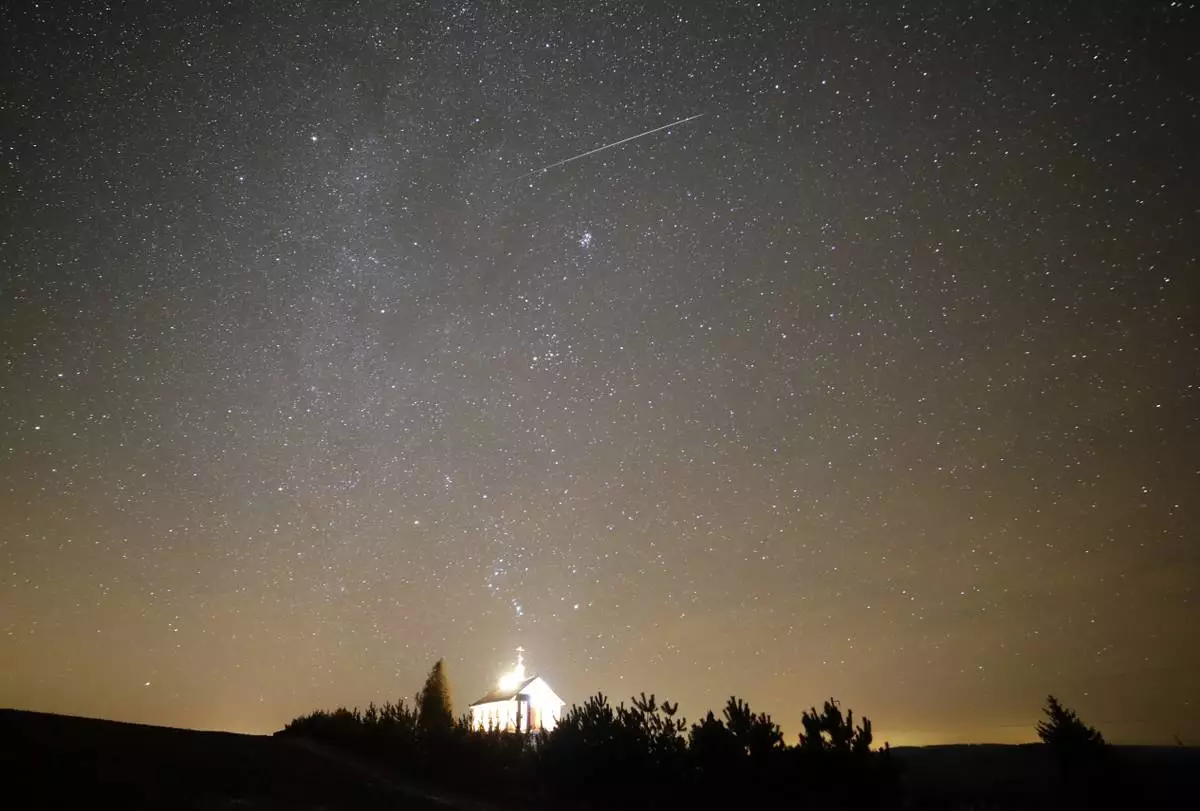
FILE - A meteor streaks across the sky during the annual Geminids meteor shower over an Orthodox church on the local cemetery near the village of Zagorie, Belarus, late, Dec. 13, 2017. (AP Photo/Sergei Grits, File)
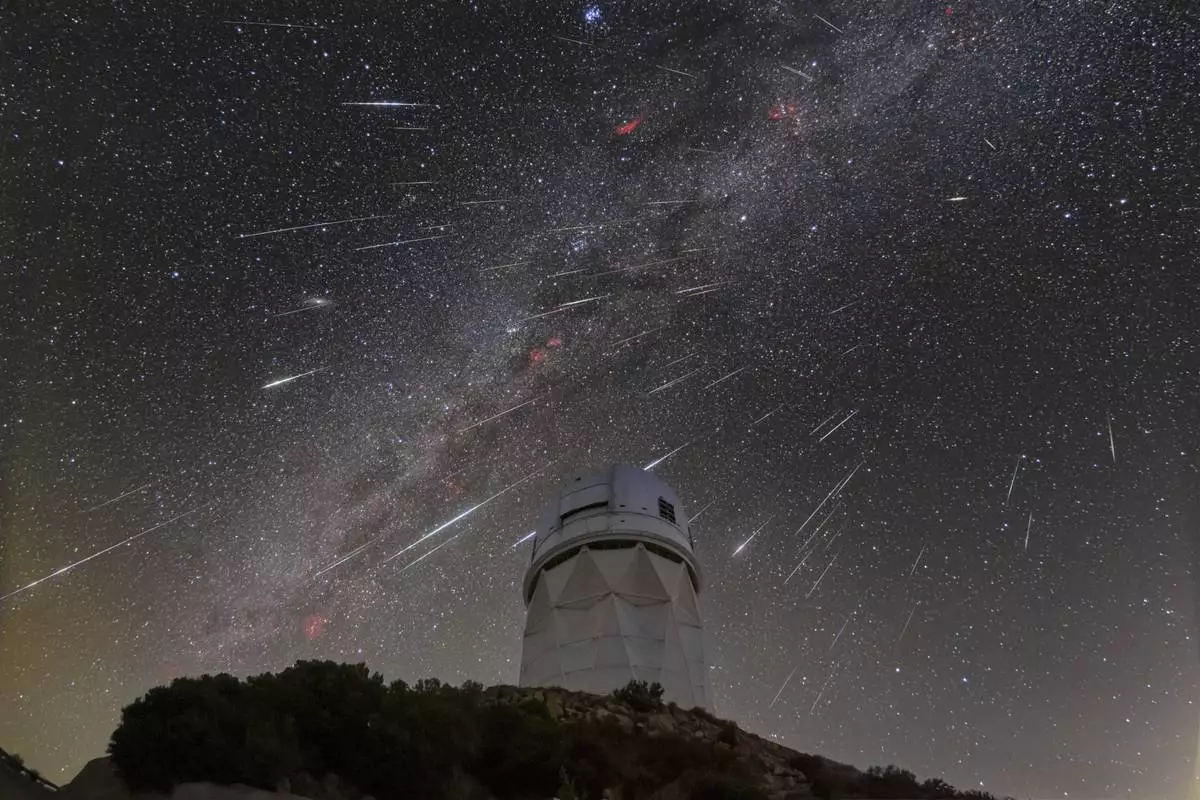
FILE - In this Dec. 14, 2023 photo provided by NOIRLab, meteors from the Geminid meteor shower streak across the sky above the Nicholas U. Mayall Telescope at Kitt Peak National Observatory (KPNO), a program of the National Science Foundation's NOIRLab, located about 56 miles (90 kilometers) southwest of Tucson in the Tohono O'odham Nation. (NSF/NOIRLab via AP, File)
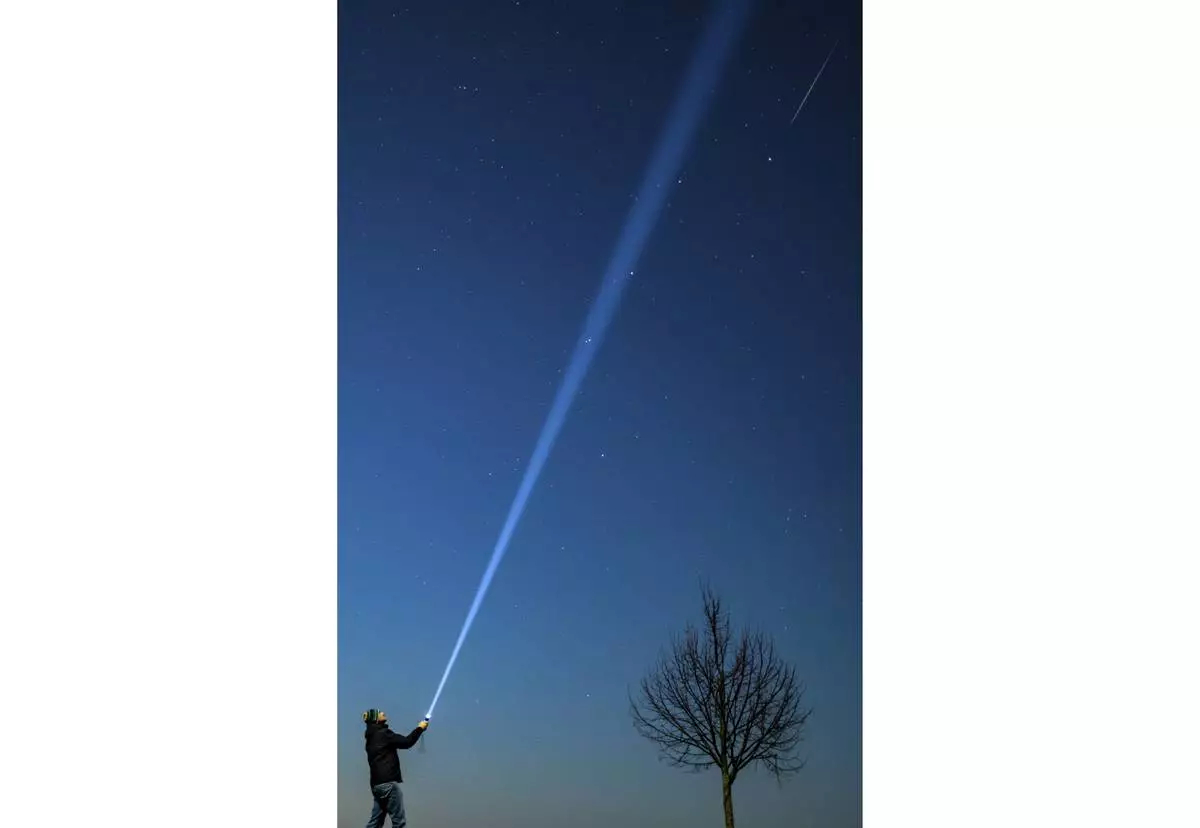
A shooting star, top right, is seen over eastern Brandenburg, Germany, while a person shines a flashlight into the night sky, Saturday, Dec. 14, 2024. (Patrick Pleul/dpa via AP)
LOS ANGELES (AP) — Attorneys for Erik and Lyle Menendez, who were convicted of killing their parents in 1989, will make their case to a judge Friday that Los Angeles prosecutors should be removed from the brothers' resentencing case.
The brothers were sentenced in 1996 to life in prison without the possibility of parole for fatally shooting their entertainment executive father, Jose Menendez, and mother, Kitty Menendez, in their Beverly Hills home. The brothers were 18 and 21 at the time of the killings. Defense attorneys argued the brothers acted out of self-defense after years of sexual abuse by their father, while prosecutors said the brothers killed their parents for a multimillion-dollar inheritance.
Former LA County District Attorney George Gascón had opened the door to possible freedom for the brothers in October by requesting their sentences be reduced to 50 years with the possibility of parole. His office said the case would've been handled differently today due to modern understandings of sexual abuse and trauma, and that the brothers had rehabilitated during their 30 years in prison.
But current district attorney Nathan Hochman has reversed course and opposes the brothers' resentencing. Hochman has said the brothers have not taken full responsibility for their crimes because they have not admitted to lies told during their trials. The Menendez family and lawyers have been heavily critical of the way Hochman has handled the case.
Hochman’s office filed a motion to oppose his removal from the case, dismissing the defense’s concerns as simply “not being happy” with prosecutors’ opinion on resentencing.
“Disagreeing with the opposing side’s position is not a conflict of interest, it is simply a disagreement,” it said.
While Hochman's conduct is the focus of defense attorneys' petition, they want the case entirely removed from the Los Angeles district attorney's office, in which case the state attorney general's office would usually step in.
However, California Attorney General Rob Bonta filed a motion this week siding with Hochman, saying the defense had not adequately demonstrated a conflict of interest.
Laurie Levenson, a former federal prosecutor and professor of criminal law at Loyola Law School in Los Angeles, said these types of recusal requests are “almost never” granted.
“Defendants don’t usually get to pick their prosecutors,” she said. “Occasionally an individual prosecutor will be recused, but to recuse an entire office is very rare.”
Generally, this only happens if a prosecutor's personal family member is involved or if the district attorney's office received outside payment in a case, Levenson said.
During long-awaited resentencing hearings last month, attorneys engaged in a heated debate over whether material from risk assessments completed by the state parole board at the governor’s order should be admissible in court. The hearings were delayed, and the brothers' lead attorney Mark Geragos said he would move to recuse Hochman from the case.
In a motion filed April 25, Geragos argued that Hochman's bias against the brothers and mistreatment of the Menendez family posed a “genuine risk” the brothers would not receive a fair hearing.
He pointed to Hochman's demotion of Nancy Theberge and Brock Lunsford, the two deputy district attorneys who filed the original resentencing motion. Theberge and Lunsford have since filed lawsuits against Hochman alleging they were punished for their work on the Menendez case.
Hochman also hired Kathleen Cady, who represented Milton Andersen, the only Menendez family member who opposed the brothers' resentencing at the time, to head his Office of Victim Services. Andersen died in March.
Geragos said no one from the victim services office had ever reached out to the Menendez family to offer support. In mid-April, both Cady and Hochman were present at an organization's rally to condemn the Menendez brothers' resentencing, he said.
Finally, Geragos said the district attorney's office had violated Marsy's Law, which ensures victims in California are treated with fairness and respect.
Menendez cousin Tamara Goodell filed a complaint with the U.S. Attorney's Office in which she wrote Hochman used a “hostile, dismissive, and patronizing tone” that left the family “distressed and feeling humiliated.”
Hochman's motion said the defense had not presented any proof that hiring Cady, a seasoned prosecutor and attorney, prevented his office from treating the Menendez brothers fairly, and that the reassignments of Theberge and Lunsford were “internal staffing decisions."
Marsy's Law also does not give victims the right to seek the removal of a prosecutor, the motion said.
The Menendez brothers are still waiting for the full results of a state parole board risk assessment ordered by Gov. Gavin Newsom’s office. The final hearing, scheduled for June 13, will influence whether Newsom grants the brothers clemency.
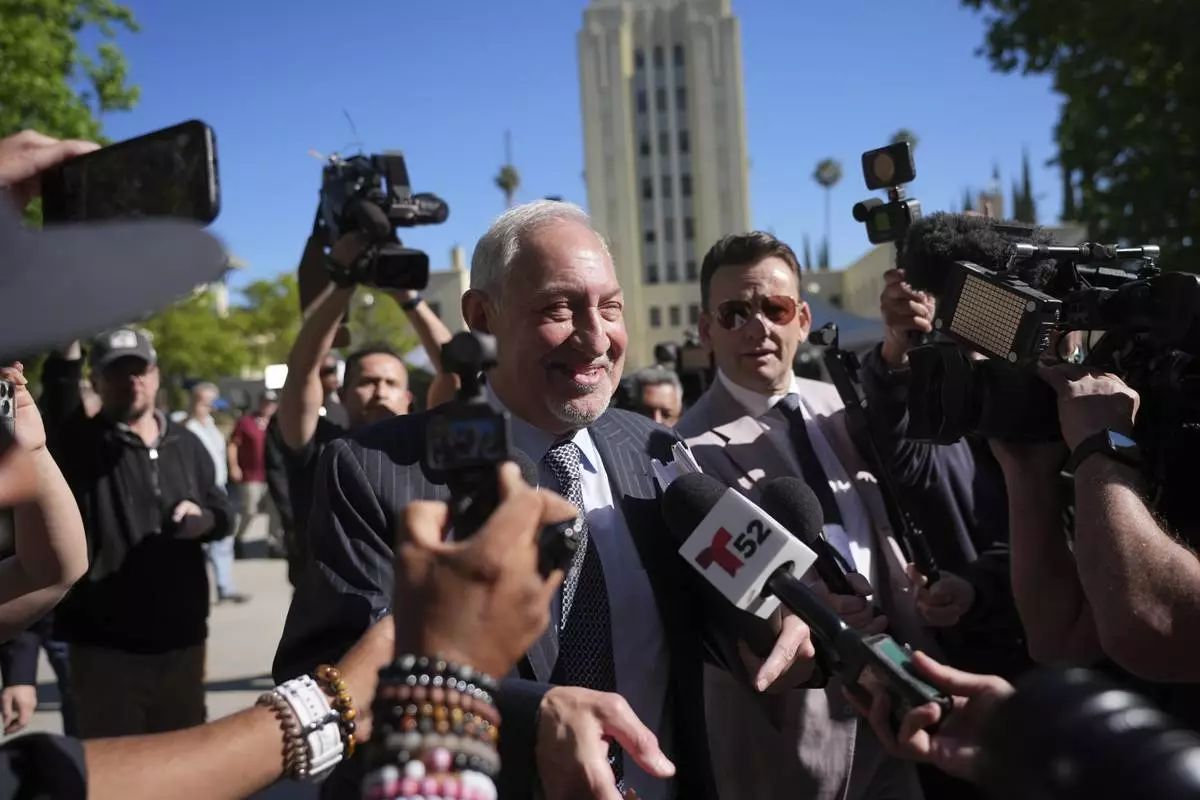
Attorney Mark Geragos, a lawyer for Erik and Lyle Menendez, who were convicted of killing their parents in 1989, speaks to reporters as he arrives to court Friday, May 9, 2025, in Los Angeles. (AP Photo/Jae C. Hong)
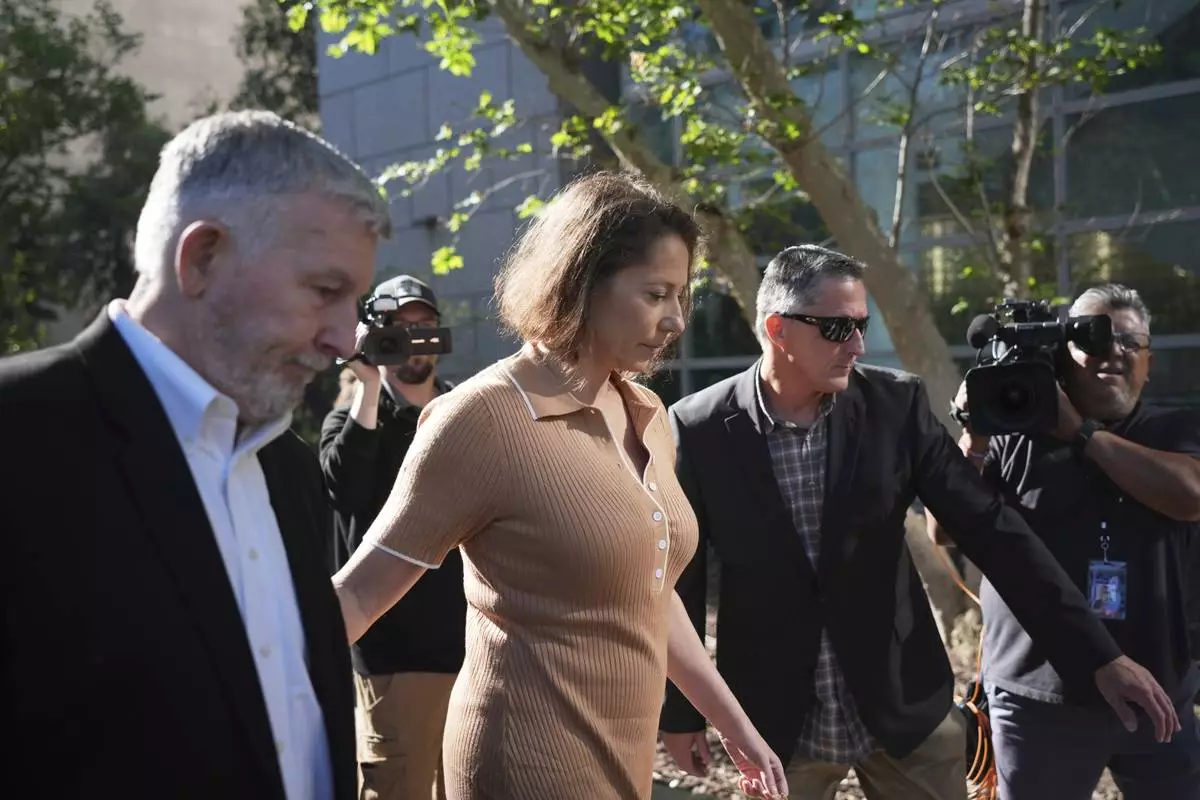
Anamaria Baralt, center, a cousin of Erik and Lyle Menendez, who were convicted of killing their parents in 1989, arrives to court Friday, May 9, 2025, in Los Angeles. (AP Photo/Jae C. Hong)





